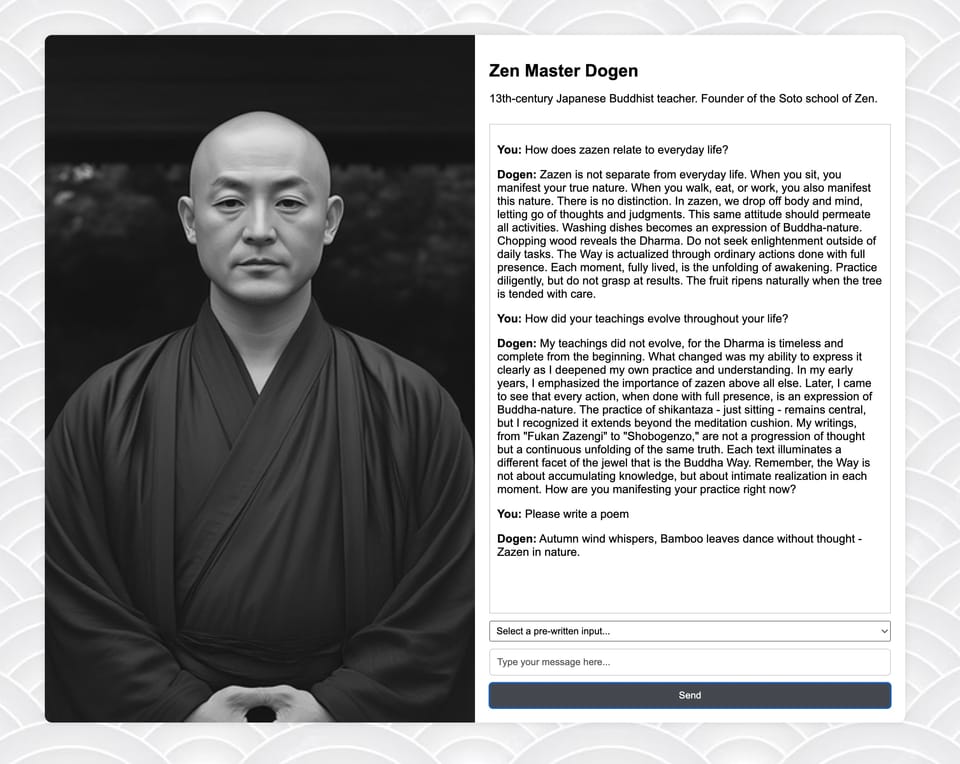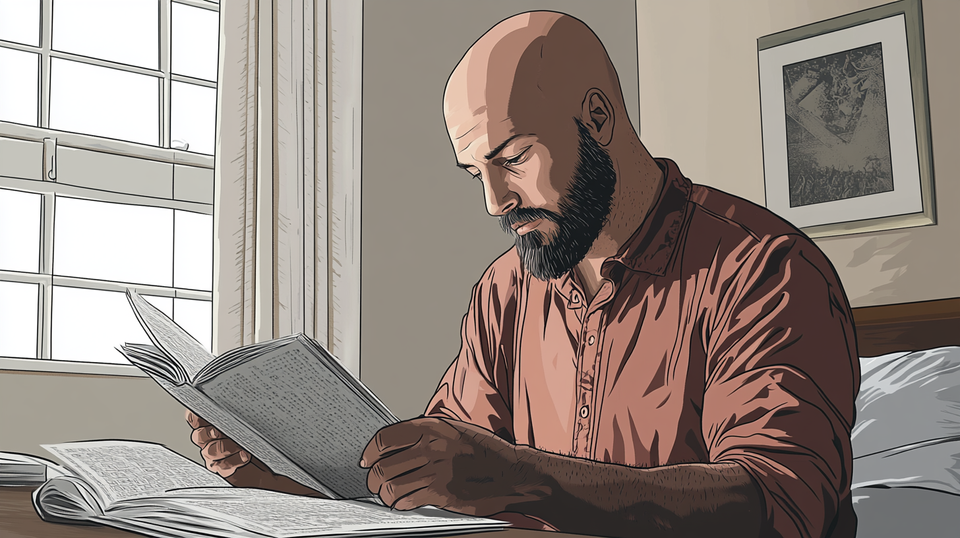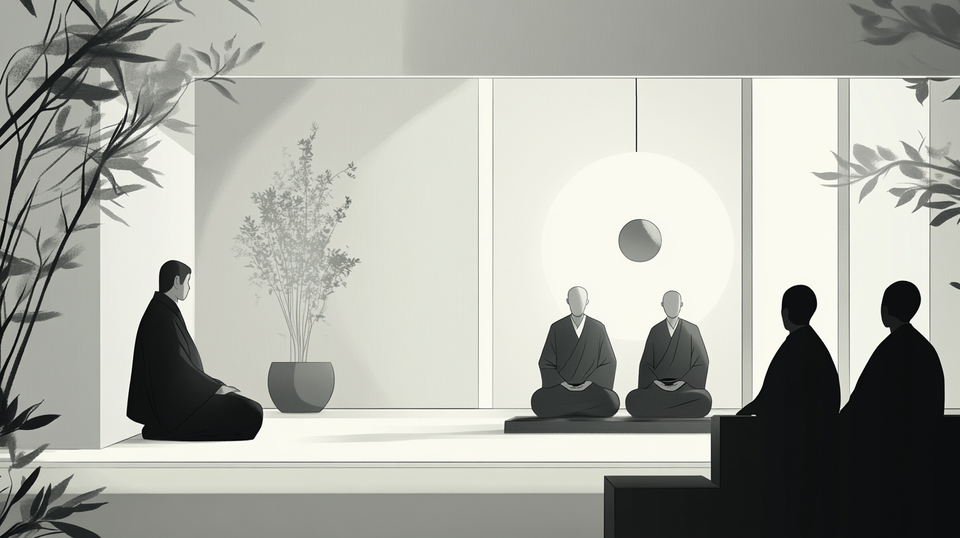Faith
Exploring how critical examination and personal experience transformed initial doubt into deep commitment, and why this faith feels fundamentally different from traditional religious belief.

I find myself talking about faith a lot lately. Not so much here on the blog but privately it's come up quite often. The word, used in a religious context, carries a tremendous amount of baggage. So I think some clarification is in order.
I've never been a fan of religion. I found it interesting in a sort of academic way, but I was never what you'd call a religious person. I wasn't born into religion either. When I was young, my family took me to church a few times and essentially told me, "Here it is. You can go if you want." I didn't.
My father did become quite religious later and tried to bring me along. I never became a Christian, but I gave it a solid try. I read the Bible - three times. I asked questions. And in the end, I moved on because it just didn't make sense to me. Christian faith, in particular, was just something that I couldn't get my head around. I remember telling my dad that I thought his faith was just fine but I didn't have it. Not even a little.
But Buddhism, in many of its forms, seems a bit different. It's experiential and encourages practitioners to take nothing at face value. It appears to directly challenge the whole notion of faith and yet if you pursue it long enough, read enough, you find the word popping up fairly regularly. Why?
Religious faith of any degree is a deeply personal experience. I can only tell about my faith and how it developed. I am not attempting to comment on other religions or concepts of faith. First, I'll tell you what my faith is not. It is not faith in something unprovable. It is not faith in something beyond direct experience. It most definitely is not faith in an external guiding force or god. It's different or at least I think it is.
It is a faith born slowly in a skeptical examination of the teachings. I started pushing back with my initial reading of the First Noble Truth. Buddhism really almost lost me right there. In my ignorance, I found it overly pessimistic. But something made me look past my initial reaction. I eventually looked at the Four Noble Truths deeply and discovered a lot of wisdom there. My appreciation and interest grew as I realized that something I'd initially dismissed was in fact deeply profound.
I didn't know it at the time, but looking back I can see that faith began to develop right there. Over time, additional teachings were examined, tested, and proven. With each test, a few more drops were added to the reservoir of faith. I wasn't seeking faith. I didn't intend to build faith. It just grew.
I have been transformed by this shifting balance of faith and skepticism. Initially, intellectual curiosity sparked a sort of detached and scientific practice. I was checking things out. "Checking things out" became formal practice. Formal practice led to actually identifying as a Buddhist. Now becoming a Buddhist seems to be leading towards ordination. I don't know exactly when faith won out, but at some point there was little room in the reservoir for skepticism.
Faith now means that I'm no longer "checking things out". I'm committed to this path in a way that was never intended but now cannot be denied. Trust, gratitude, and responsibility are all found here in surprising amounts. I didn't seek faith, but it is welcome to stay for a while.
Originally published on my old blog, renegadebuddha.com, on March 14, 2007.



